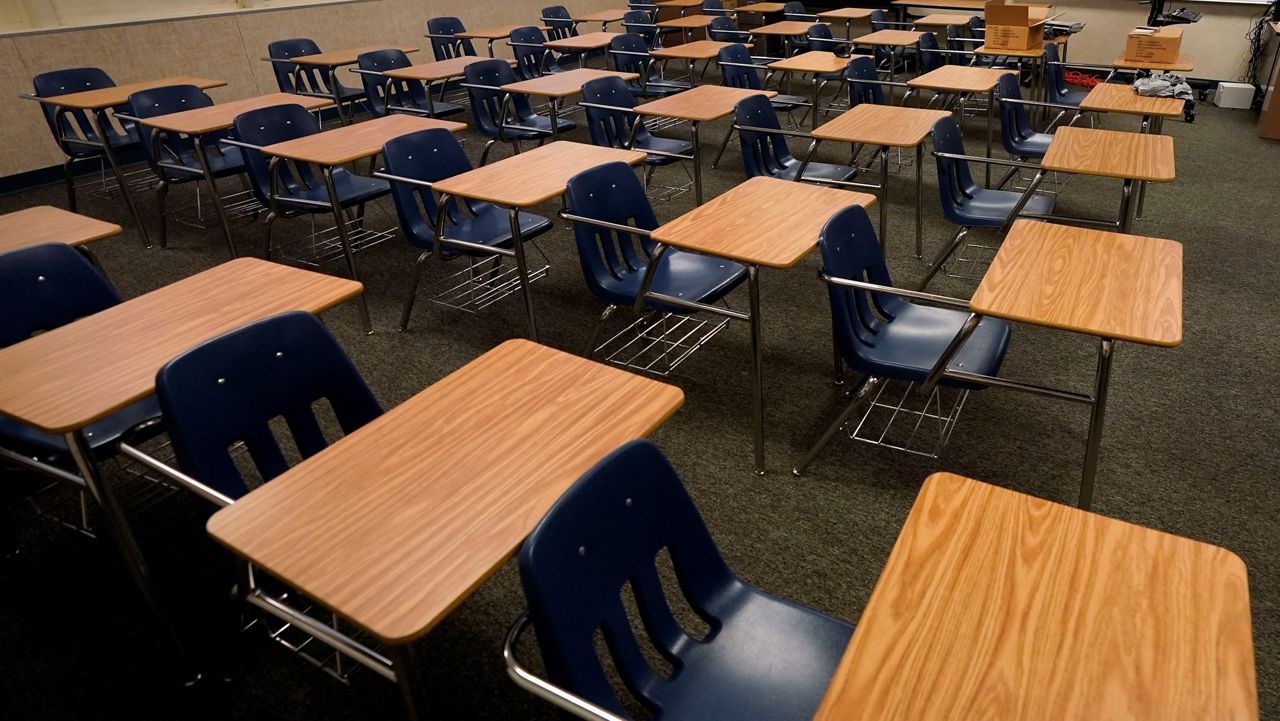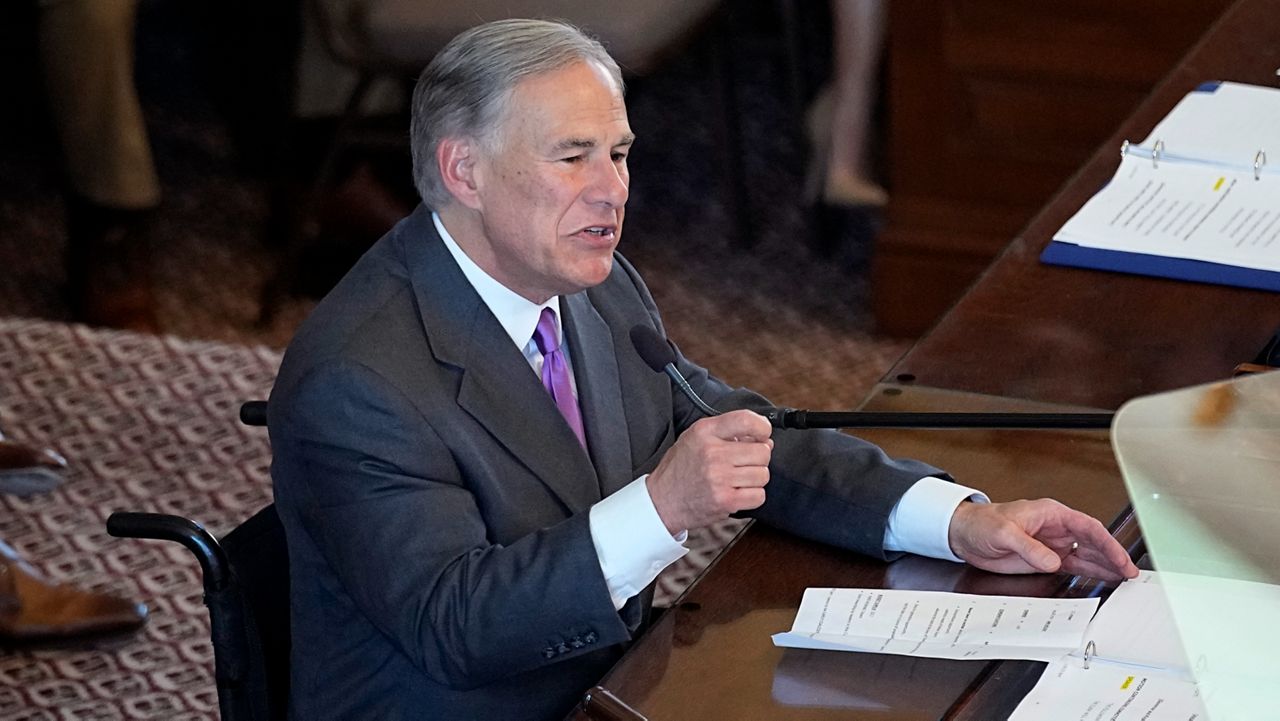AUSTIN, Texas — Public school districts across Texas are warning of budget deficits as they workshop their 2024-25 budgets.
Bastrop Independent School District Superintendent Barry Edwards sent a letter to families and staff last week warning of a budget shortfall of nearly $8 million for the 2024-25 school year.
Edwards said several factors are contributing to the deficit, including the end of the Elementary and Secondary School Emergency Relief funding created during the pandemic, an increase in the cost of living and the Texas Legislature not providing additional funding to public schools.
While Bastrop ISD has seen an increase in enrollment — unlike many public school districts across the state — the district is still seeing a budget shortfall.
Most of the district’s funding, like all public schools in the state, comes from student attendance, and the superintendent said attendance percentage was down compared to pre-pandemic numbers, causing revenue to be down. Edwards said before the pandemic average daily attendance was 94.6%, while this year it was 92.11%.
The attendance is calculated into what is called a basic allotment — set currently at $6,160 per student — which the district receives to provide “a basic level of education for the district’s residents,” according to the Texas Education Agency.
“Since 2019, the Basic Allotment has remained static despite nearly 20% inflation, increasing demands and costs of educating and safeguarding our students, and despite a record surplus in the state’s rainy day fund,” Edwards said in his letter.
While the district is developing next year’s budget, Edwards said they are recommending “staffing and program adjustments,” including leaving staff positions in administration unfilled and reducing all department budgets by 15%.
Bastrop is not the only district in the area to ring the alarm bells. The Austin Independent School District has raised concerns of budget shortfall as it plans next school year’s budget.
Last year, Austin ISD had a budget shortfall of $52 million and said it planned to cut that deficit in half throughout the fiscal year. The district estimated that approximately 86% of its general fund goes toward paying teachers and staff.
The district attributed the massive deficit to the rising costs of living and the lack of increase in the basic student allotment by the Texas Legislature.
“Despite the growing need for increased school funding, no increases to the basic student allotment came out of the regular legislative session or out of any of the four special sessions Texas Governor Greg Abbott called in 2023,” Austin ISD’s website says.
Abbott called a special legislative session at the end of 2023 with the hopes of passing an education bill that included a school voucher plan that would give students $10,500 every year in education savings accounts to attend private school.
Proponents of the bill claim vouchers are a necessary option for students struggling in the public school system.
Abbott previously said he would not sign an education bill if it didn’t include vouchers, and the special session adjourned without passing any new education funding after Democrats and 21 Republicans opposed the voucher plan.
“As a result, multiple bills that included funding for teacher compensation and school safety failed, leaving districts across the state with stagnant budgets that are not adjusted to accommodate the cost of inflation,” Austin ISD’s website says.
Austin ISD’s preliminary budget proposal for the 2024-25 school year will be proposed this month, with the Board of Trustees planning to vote on it in June.
The next regular session of the Texas Legislature is scheduled to start on Jan. 14, 2025, but Abbott can call another special session to focus on education funding.
Dallas ISD, one of the largest in the state, projected an over $80 million deficit next year in a document presented to the Board of Trustees in January.
The Fort Worth ISD Board of Education voted in February to cut staff to reduce projected budget shortfalls. CBS News Texas reported that 133 employees were cut because of a projected nearly $44 million budget shortfall next year.






